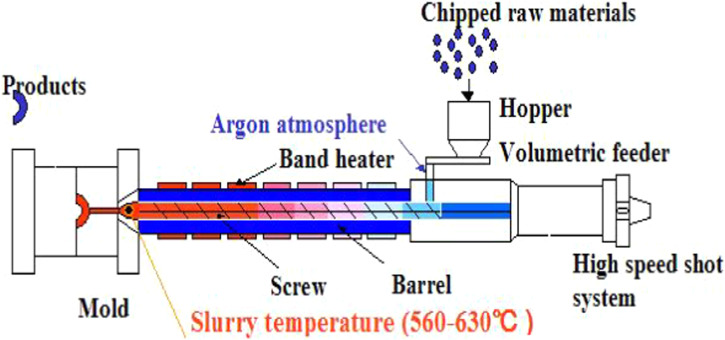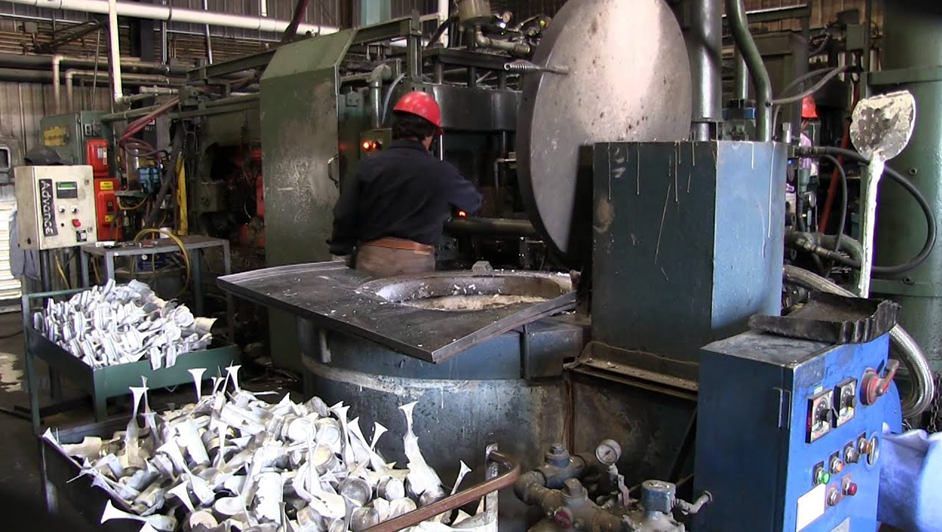Introduction
In today’s fast-paced world, the ability to quickly develop and launch new products is crucial for businesses seeking to stay competitive. Rapid prototyping services have emerged as a valuable tool in the product development process, allowing companies to quickly create physical prototypes and iterate on their designs. This article will explore the benefits of rapid prototyping services and how they can contribute to efficient product development.
What is Rapid Prototyping?
Rapid prototyping is a process that involves quickly creating physical prototypes of a product using computer-aided design (CAD) software and advanced manufacturing techniques. Unlike traditional prototyping methods, which can be time-consuming and expensive, rapid prototyping allows for the rapid creation of prototypes using 3D printers or other additive manufacturing technologies.
Benefits of Rapid Prototyping Services
1. Faster Time to Market
One of the primary benefits of rapid prototyping services is the ability to reduce time to market. By quickly creating physical prototypes, companies can accelerate the product development process and bring new products to market faster. This can be especially beneficial in industries where speed is critical, such as consumer electronics or fashion.
2. Cost Savings
Rapid prototyping services can also lead to significant cost savings. Traditional prototyping methods often require expensive molds or tooling, which can be a barrier to innovation for small businesses or startups with limited resources. Rapid prototyping eliminates the need for such costly tooling, allowing companies to iterate on their designs more freely and at a lower cost.
3. Improved Design and Functionality
By creating physical prototypes early in the product development process, companies can identify design flaws or functional issues before committing to costly production. Rapid prototyping allows for quick iterations and modifications, enabling designers to refine their designs and improve the functionality of the final product. This iterative process can result in a higher quality product that better meets the needs of the end-users.
4. Enhanced Communication and Collaboration
Rapid prototyping services also facilitate better communication and collaboration among product development teams. Physical prototypes offer a tangible representation of the design, making it easier for stakeholders to provide feedback and make informed decisions. Additionally, rapid prototyping allows for faster iterations, enabling teams to work together more efficiently and effectively.
5. Customization and Personalization
In today’s consumer-driven market, customization and personalization have become increasingly important. Rapid prototyping services enable companies to create customized prototypes and test different variations of their products to meet individual customer preferences. This level of customization can lead to increased customer satisfaction and loyalty.

結論
Rapid prototyping services offer numerous benefits for efficient product development. By reducing time to market, lowering costs, improving design and functionality, enhancing communication and collaboration, and enabling customization, rapid prototyping services can significantly contribute to a company’s success. Embracing rapid prototyping as a tool in the product development process can help businesses stay ahead of the competition and meet the ever-changing demands of the market.

 0086-750-5616188
0086-750-5616188 +86 13392089688
+86 13392089688 sales@zhongmei-tech.com
sales@zhongmei-tech.com













